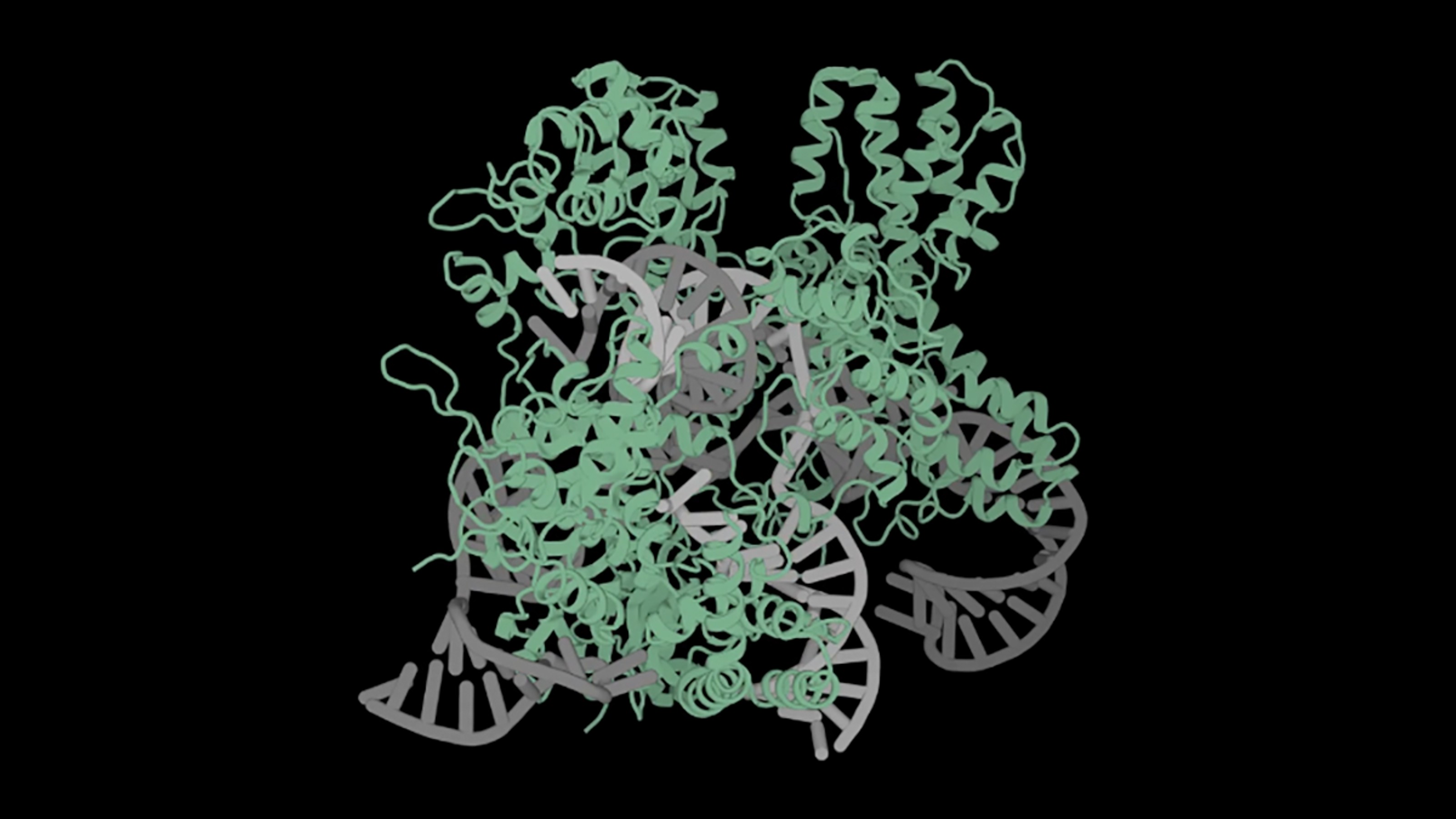Wireless Charging Road for Electric Buses Will be Built in Israel

The technology behind wireless charging or inductive charging was discovered by Nikola Tesla in the 1890s and utilizes an electromagnetic field to transfer energy between two objects. In chargers, an induction coil is used to create an electromagnetic field, while a second induction coil in the charging device is used to take power from the created field and convert it back into an electric current that charges the battery. It all sounds relatively straightforward, but inductive charging has been hard to implement, especially with bigger objects, objects that are moving, and objects that are at a greater distance from the charger. These limitations would make city busses, for example, unlikely candidates for utilizing the technology.
Nevertheless, an Israeli company called ElectRoad announced that it has been developing a new technology (Dynamic Wireless Power Transfer – DWPT) that can power a moving vehicle wirelessly from the road. The results from the early tests were good enough to win the company a $120,000 grant from Israel’s Ministry of Transport and Road Safety to equip a half a mile long bus route in Tel Aviv by 2018. If the project goes well, the government plans to cover the entire 11-mile road between the city of Eilat and the Ramon International Airport, reports Scientific American.
The recent improvements in car batteries may make wireless charging roads redundant for individual cars, but they may still be necessary for public transportation. The main challenge with electric busses is that batteries need to be very big to overcome the limitation of the energy storage capacity. The batteries usually weigh 1/3 of the vehicle, therefore reducing the potential use space and energy efficiency. They are also very expensive and need to be replaced every few years, which reduces the incentives for municipalities to upgrade their fleets.
The technology developed by ElectRoad will allow for the EVs to use very small, inexpensive batteries needed only for acceleration and small stretches of road not fitted with the technology. The batteries will be used about 6 percent of the time the vehicle is running and therefore could last as long as 25 years. Additional advantages are the reduced vehicle weight and energy usage, as well as the lack of emissions and need for charging.
The wireless charging road system has disadvantages as well, the main one being the disruption caused by the need to refit roads. ElectRoad claims, however, that it can equip one kilometer of road in a single evening, as demonstrated in the video below.
In the long term, ElectRoad envisions an entire city infrastructure that enables all public transport to run efficiently on electricity. Easy adjustments to electric cars will also allow them to take advantage of the new roads. Additional capabilities could also include power distribution planning, payment control, and even energy sharing between vehicles.





